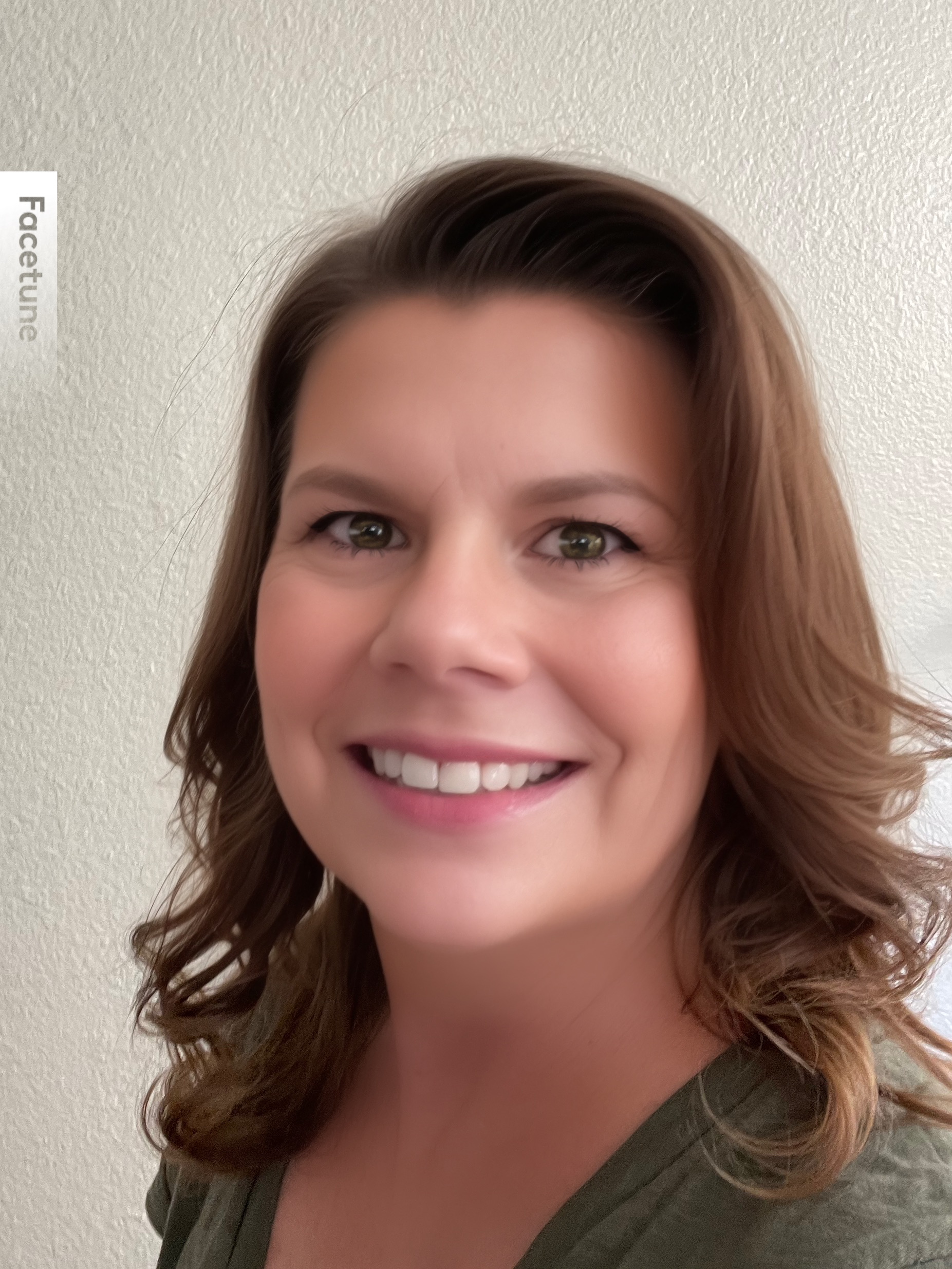The Healing Touch: Reiki in Hospitals
- Brenda Dulin

- May 21, 2024
- 3 min read
In recent years, there has been a noticeable shift in the healthcare industry towards incorporating holistic healing practices alongside conventional medical treatments. One such practice that has gained widespread acceptance and recognition is Reiki. Originally developed in Japan in the early 20th century, Reiki is a form of energy that focuses on promoting balance and harmony within the body, mind, and spirit. Its gentle yet powerful approach has led to its integration into hospitals and healthcare settings worldwide, offering patients additional support in their healing journey.
Understanding Reiki
At its core, Reiki operates on the belief that life force energy flows through all living beings. When this energy is disrupted or depleted, it can manifest as physical or emotional ailments. Reiki practitioners channel this universal energy through their hands, directing it to areas of the body where it is needed most. This non-invasive technique aims to clear blockages, restore balance, and stimulate the body's natural healing mechanisms.
Reiki in Hospital Settings
The inclusion of Reiki in hospitals represents a significant acknowledgment of the mind-body connection in healing. Many healthcare institutions now offer Reiki as a complementary therapy alongside traditional medical treatments. Here are several ways in which Reiki is making a positive impact in hospital settings:
1. Pain Management: Reiki has shown promise in alleviating pain and discomfort associated with various medical conditions. Patients undergoing surgery or dealing with chronic pain often find relief and relaxation through Reiki sessions.
2. Stress Reduction: Hospitalization can be a stressful experience for patients and their families. Reiki promotes deep relaxation, reduces anxiety, and helps individuals cope better with the challenges of illness and recovery.
3. Supporting Mental Health: Reiki's calming effect extends to mental well-being. It can be beneficial for patients dealing with depression, anxiety disorders, or emotional trauma, offering a holistic approach to mental health care.
4. Enhancing Recovery: By supporting the body's natural healing processes, Reiki can contribute to faster recovery times and improved overall well-being for patients recovering from surgeries, injuries, or illnesses.
5. Empowering Patients: Receiving Reiki empowers patients to take an active role in their healing journey. It encourages self-awareness, mindfulness, and a sense of control over one's health.
Integrating Reiki into Patient Care
The integration of Reiki into hospital settings involves collaboration between medical professionals and trained Reiki practitioners. Patients may receive Reiki sessions in designated healing rooms, bedside sessions in their hospital rooms, or as part of a comprehensive wellness program.
Before administering Reiki, practitioners often consult with patients and healthcare providers to understand the individual's medical history, preferences, and specific needs. This collaborative approach ensures that Reiki complements other treatments and contributes positively to the patient's overall care plan.
Evidence and Support
While the scientific evidence supporting Reiki's efficacy is still evolving, numerous studies have highlighted its potential benefits in enhancing well-being, reducing pain perception, and improving quality of life for patients. Additionally, the growing acceptance of Reiki in mainstream healthcare underscores its value as a safe and non-invasive healing modality.
Conclusion
The inclusion of Reiki in hospitals reflects a broader paradigm shift towards patient-centered care that acknowledges the interconnectedness of physical, emotional, and spiritual aspects of healing. As more healthcare institutions embrace holistic approaches like Reiki, patients can access a more comprehensive and personalized healthcare experience that addresses their unique needs on multiple levels.
Disclaimer: Results may vary from person to person. Our services are not intended to diagnose, treat, cure, heal, or prevent any disease and does not constitute medical advice.




Comments